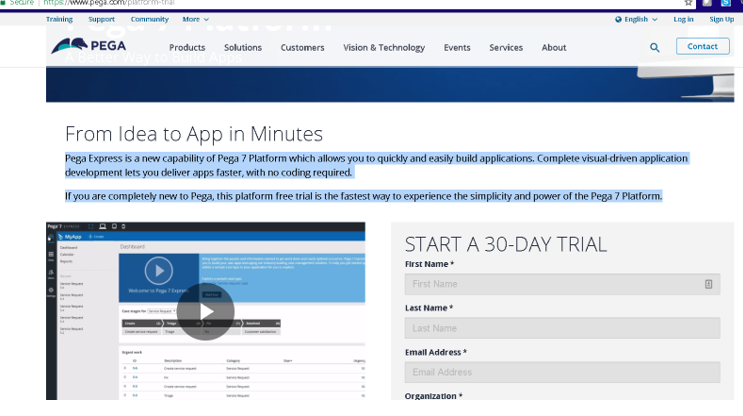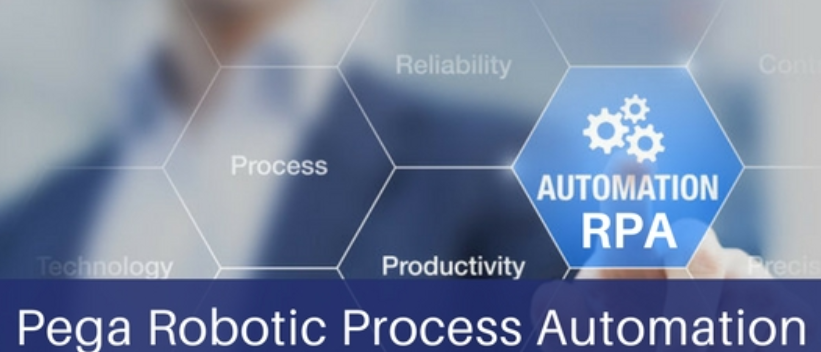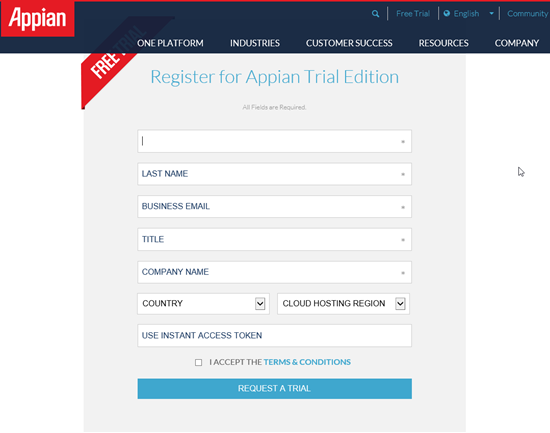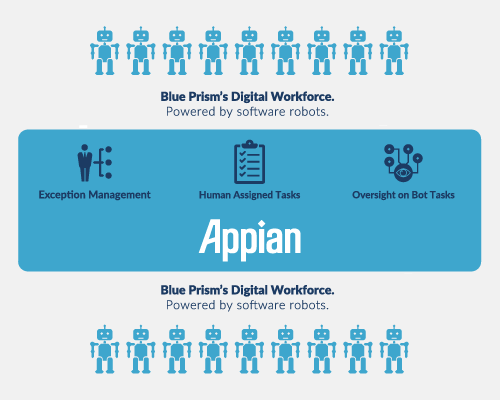Let’s finish this run on iBPM with an example of creating an APP in Pega Systems Express. The Pega Systems 7 Platform is designed to allow the user to build visual-driven applications quickly. Let’s look at how you can use Pega to implement business process management (iBPM) by building our first Pega 7 App together.
iBPM
The core of Pega is its Pega RULES Process Commander, which enjoys a deserved reputation as an exceptional software. It’s highly sophisticated programming easily streamlines large, complex, multi-year projects. Lloyds Banking Group used the software to minimize customer complaints, and Cisco used Pega to centralize its operational processes. Indeed, one of Pega’s best features is its ability to launch and implement quickly regardless of the size or objectives of the project.
Last month we took a high-level view of the Appian intelligent BPM (iBPM) platform. We saw that Appian iBPM Solutions remain the best-in-class primarily due to its focus on the business user by enabling them to improve business decisions. The Appian Platform is designed to make it easy to build robust enterprise applications with a combination of low-code development and business process management (iBPM) tools. So let’s build our first Appian Application together…
Appian iBPM Solutions leads the industry by integrating RPA, prioritizing people, technology, and processes, offering superior low-code app building capabilities and dynamic case management. These capabilities enable users to streamline their operations through greater access to data when they need it.
BPM software has matured over the last decade. The initial idea of mapping business processes, then optimizing each one to improve business efficiency was a tantalizing, but elusive goal. BPM tools and techniques put you on the path to agile development, and continuous improvement.





